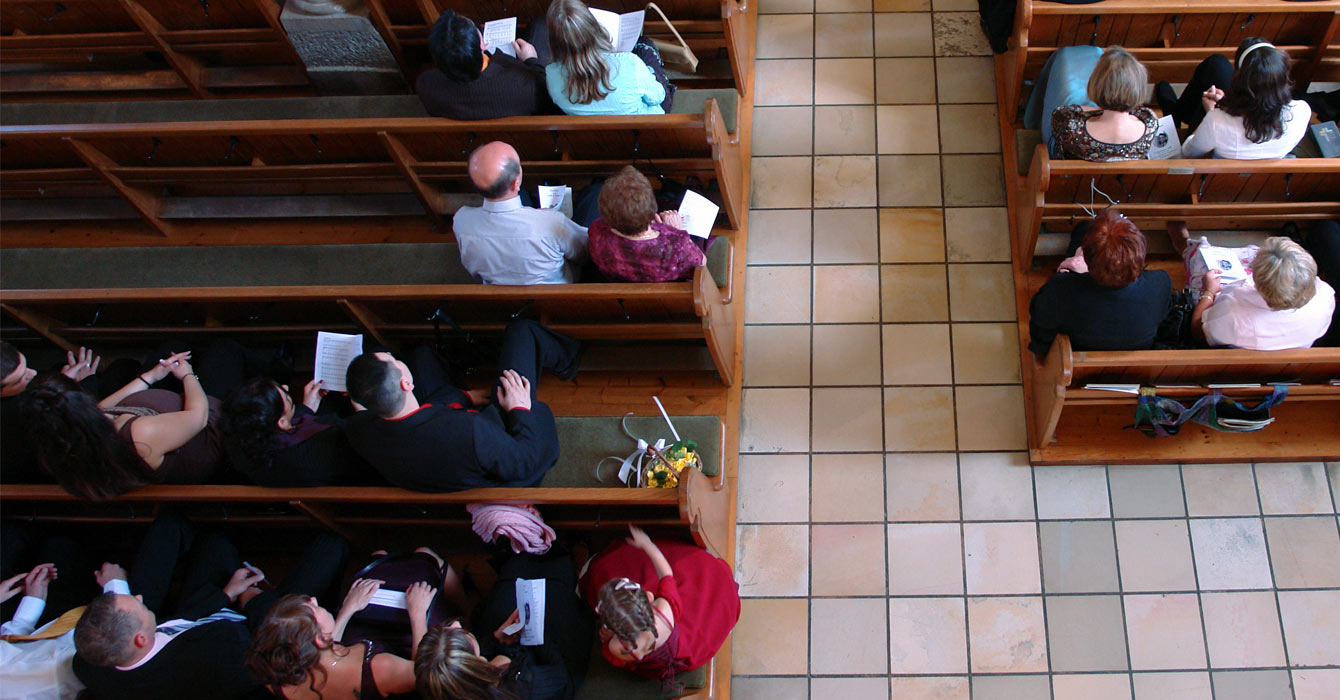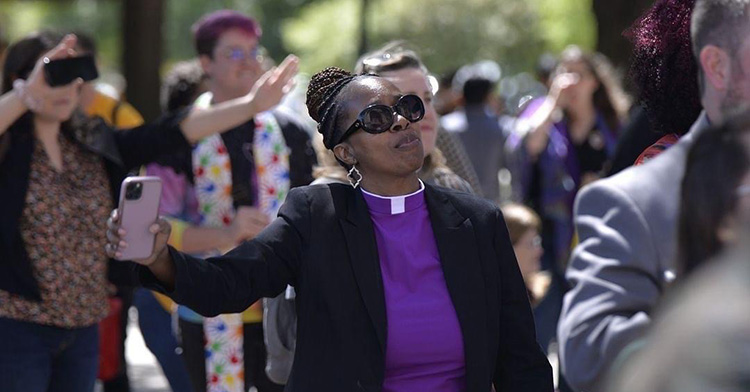Recent research released by Barna Group reveals a demographic trend that may not bode well for the stability of congregations. As a significant percentage of pastors near retirement, the pipeline of younger successors appears insufficient to take over their leadership responsibilities.
According to the 2022 Barna Resilient Pastor research, one-quarter of pastors said they hoped to retire within the next seven years.
In addition, the age of pastors in America has been trending upward for decades. According to the 2020 Faith Communities Today (FACT) study, the average age of religious leaders has increased from 50 in 2000 to 57 in 2020. A 2017 Barna study found that the median age of a Protestant pastor was 54 at that time — up from 44 in 1992.
“As a generation of clergy ages and prepares to step down, it is not clear that churches are prepared for the transition,” Barna reported. “If this trend goes unaddressed, the Church in the U.S. will face a real succession crisis.”
According to Ashley Ekmay, a lead researcher for Barna, one of the most significant questions arising from the study is whether pastors are exhibiting to younger people that entering the ministry is worth it. “The data seems to indicate that the answer to that question is no,” she said.
Much of that sentiment can be attributed to the fact that a rising number of pastors are considering quitting themselves — and not just to retire. “As of March 2022, 42% of pastors said that they had considered quitting full-time ministry in the last year,” Ekmay said. “That is a very jarring thing to state.”
Numerous factors seem to be contributing to pastors’ current state of mind about leaving the ministry, Ekmay said.
“There’s this collective ache among pastors,” she said. “When we asked them about burnout and whether they were considering quitting in 2022, they pointed to numerous things that were making them feel that way. Divisions in the church were a huge factor, especially from increasing polarization in America coming off George Floyd’s death, masking during COVID and Trump’s presidency.
“The pastors felt like they had to take a side, but no matter what side they picked, they were on the wrong side,” Ekmay said.
When addressing succession planning for the church, Barna found that 38% of 584 pastors surveyed personally made it a top priority to equip, nurture and identify leaders to take over their role upon retirement. However, nearly an equal number of pastors — 40% — indicated they had “thought about the need but have too many other ministry concerns.”
Whether or not they had invested in succession planning, a significant number of pastors responding to the Barna study said they anticipated difficulties in finding younger successors. As of 2022, only 16% of Protestant senior pastors were 40 or younger.
According to the survey, which was conducted in September 2022, 75% of pastors said they “strongly” or “somewhat” agreed with the statement “It is becoming harder to find mature young Christians who want to become pastors.” Nearly 35% of the respondents strongly agreed with that statement — up from 24% in 2015. More than 70% of the pastors also said they strongly or somewhat agreed with the statement “I am concerned about the quality of future Christian leaders.”
More recent pastor interviews related to Barna’s research series seem to indicate that the succession challenge may not be going away anytime soon. An additional factor seems to be emerging, suggested by the early findings of the 2023 study, which is scheduled to be released in spring 2024, Ekmay said.
“We’ve noticed that there seems to be a contagion effect,” Ekmay said. “When we asked, ‘Do you know anyone else who has quit the ministry?’ we found that those who knew someone who had left were giving more thought to leaving themselves.”
























